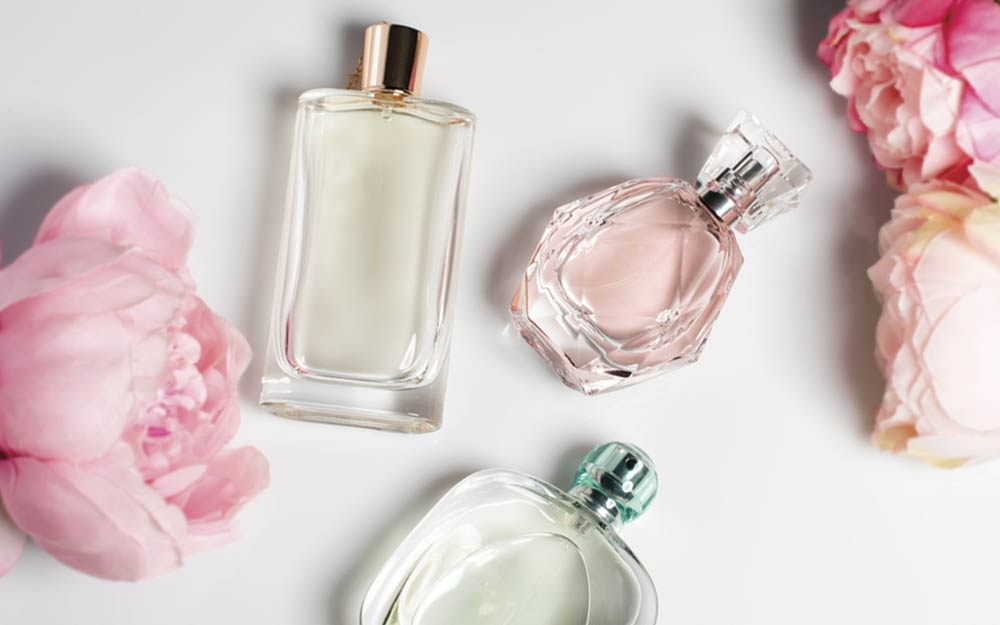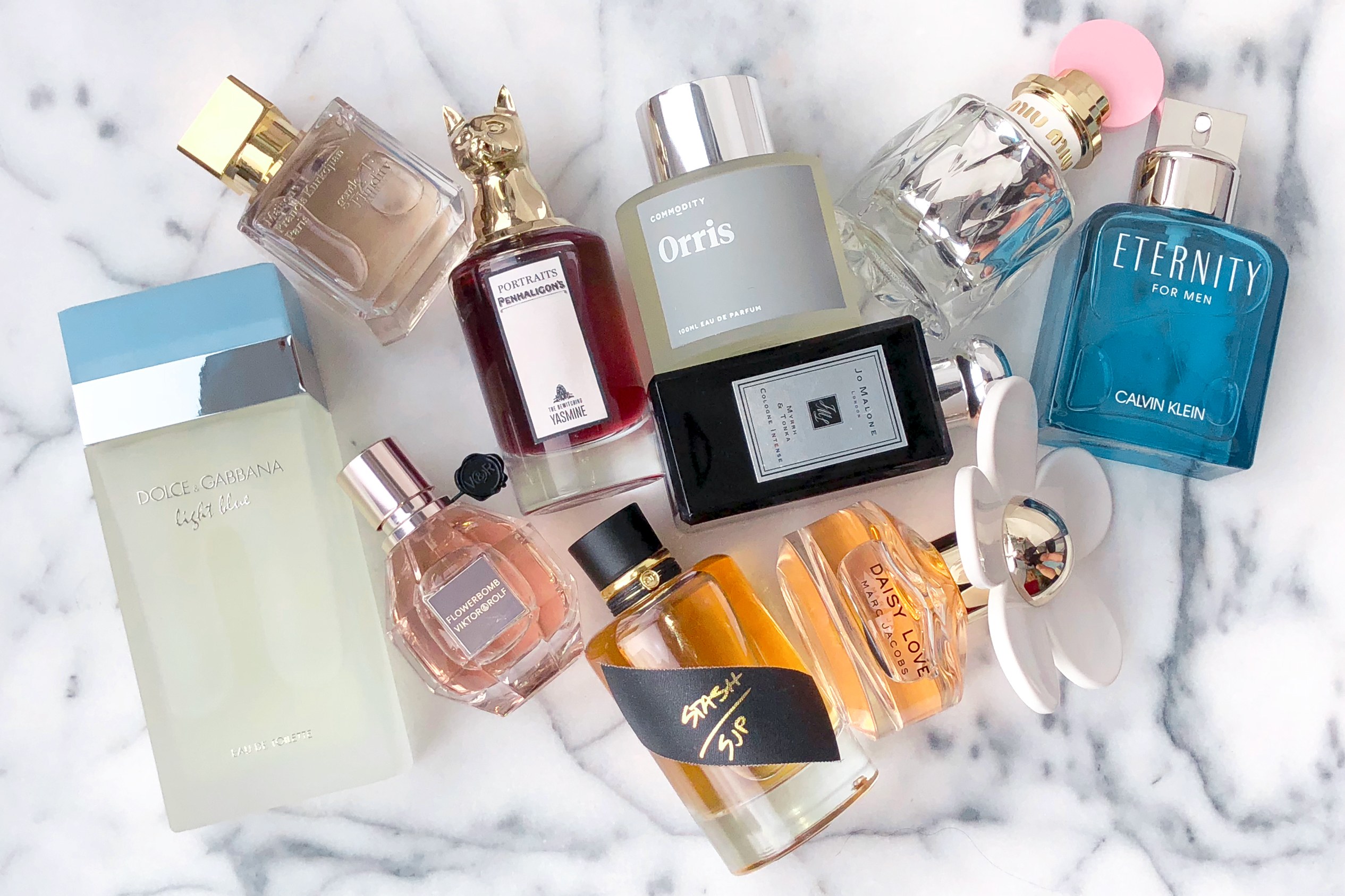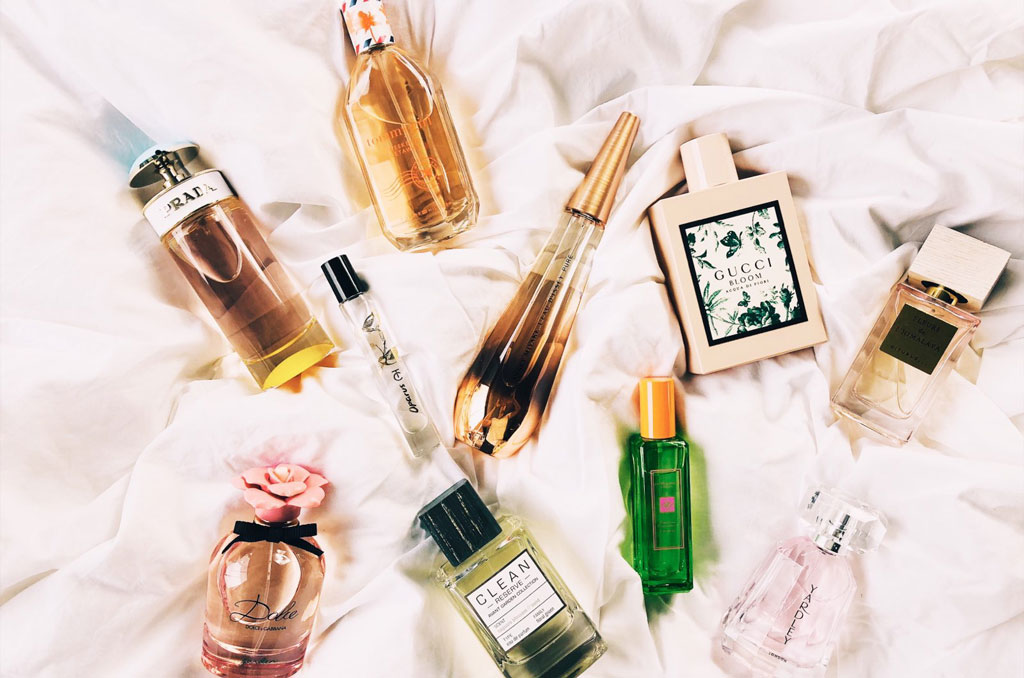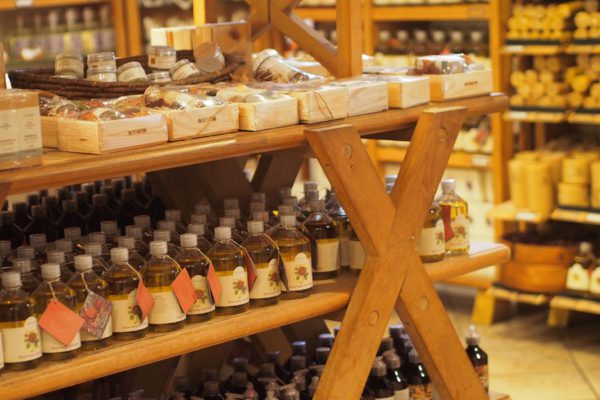Throughout history, human beings have continually striven to make themselves more attractive to others. Through the use of products, clothes, jewelry, and cosmetics, they have aspired to make themselves appear healthier and more appealing.
As far back as the middle ages, people employed various methods in order to present themselves in their best light, utilizing elaborate dress and costumes and adorning themselves in jewels. Another product which people used to appear more attractive was perfume.
It has been proven that attractiveness relies on more than just looks. How you act, how you carry yourself, and how you smell, all have an effect on how people perceive you.
But why do people prefer different scents and do the perfumes we wear actually make us smell more attractive?
A group of students from Prague’s Charles University conducted a number of studies in 2012 in order to find the answers to these questions.
In Europe, the use of modern perfume dates back to the 14th century when Queen Elizabeth of Hungary had a blend of alcohol and scented oils mixed together to form one of the first known perfumes. This perfume was known as Hungary water.
During the Renaissance, perfumes were primarily used by royalty. But over time, they grew in availability and popularity.
Scent plays a large role in our lives and our preferences for different scents, very much like our sense of taste, varies according to the individual. Some people adore the smell of orchids, of rain, or of oranges, while others prefer the smell of coffee, of the ocean, or of vanilla.
Some scents, such as wood burning in a fireplace or freshly baked cookies, evoke fond memories. And while we cannot choose what we smell like naturally, we can use perfumes to enhance our unique scent and to make it more pleasant.
But what makes us attracted to different scents? Do our genes play a role in our preferences for certain scents?
According to a series of studies conducted by the a group of Czech scientists from Charles University in Prague, including Pavlína Lenochová, Pavla Vohnoutová, and Jan Havlíček, we intuitively know which scents work with our own unique body chemistry.
“Our results provide an explanation for the highly individual nature of perfume choice.”
In this study, when samples of volunteers’ sweat was mixed with their preferred perfume, impartial noise gave the resulting scent higher ratings than when their sweat was mixed with randomly chosen perfumes. This suggests that particular scents work best with particular body chemistries and that we intuitively know which fragrances suit us.
“The odor mixture of an individual’s body odor and their preferred perfume was perceived as more pleasant than a blend of the same body odor with a randomly-allocated perfume, even when there was no difference in pleasantness between the perfumes. This indicates that fragrance use extends beyond simple masking effects and that people choose perfumes that interact well with their own odor.”
In fact, people who shared the same variants of immune system genes often preferred the same scents. This suggests that fragrances may enhance your unique genetic makeup.
Whether it is Chanel, Dior, or Old Spice, your signature scent literally becomes you.
Let us know your favorite fragrance in the comments below!
If you have not already subscribed to get TresBohemes.com delivered to your inbox, please use the form below now so you never miss another post.
Remember, we rely solely on your donations to keep the project going.
Become a friend and get our lovely Czech postcard pack.

























